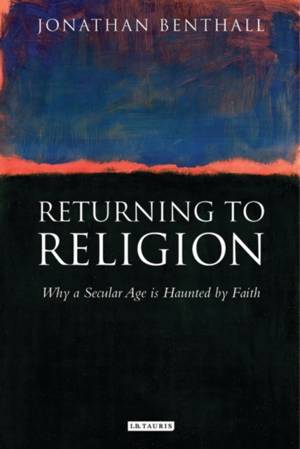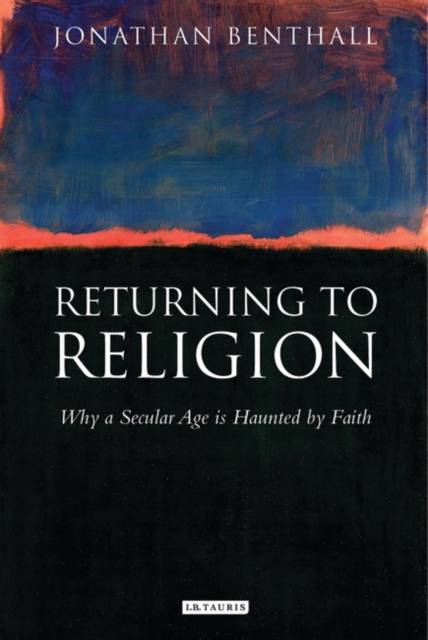
- Afhalen na 1 uur in een winkel met voorraad
- Gratis thuislevering in België vanaf € 30
- Ruim aanbod met 7 miljoen producten
- Afhalen na 1 uur in een winkel met voorraad
- Gratis thuislevering in België vanaf € 30
- Ruim aanbod met 7 miljoen producten
Omschrijving
How can one explain the resurgence of religion, even in a western context of rationality, postmodernity and scientific endeavour? The persistence of religious expression has compelled even diehard secularists, or proponents of the 'secularization thesis', to rethink their positions. Jonathan Benthall explains precisely why societies are not bound to embrace western liberal rationality as an evolutionary inevitability. He shows that the opposite is true: that where a secular society represses the religious imagination, the human predisposition to religion will in the end break out in surprising, apparently secular, modes and outlets.Concentrating on what he calls 'para-religion', a kind of secular spirituality that manifests itself within movements and organisations who consider themselves motivated by wholly rational considerations, Benthall uncovers a paradox: despite themselves, they are haunted by the shadow of irrationality. Arguing that humanitarianism, environmentalism, the animal rights movement, popular archaeology and anthropology all have 'religiod' aspects, his startling conclusion is that religion, rather than coming 'back', in fact never went away.
A human universal, the 'religious inclination' underlies the fabric of who we are, and is essential for the healthy functioning of any society.
Specificaties
Betrokkenen
- Auteur(s):
- Uitgeverij:
Inhoud
- Aantal bladzijden:
- 240
- Taal:
- Engels
- Reeks:
Eigenschappen
- Productcode (EAN):
- 9781845117184
- Verschijningsdatum:
- 1/11/2008
- Uitvoering:
- Hardcover
- Formaat:
- Genaaid
- Afmetingen:
- 160 mm x 236 mm
- Gewicht:
- 566 g

Alleen bij Standaard Boekhandel
Beoordelingen
We publiceren alleen reviews die voldoen aan de voorwaarden voor reviews. Bekijk onze voorwaarden voor reviews.







